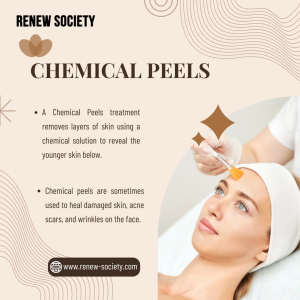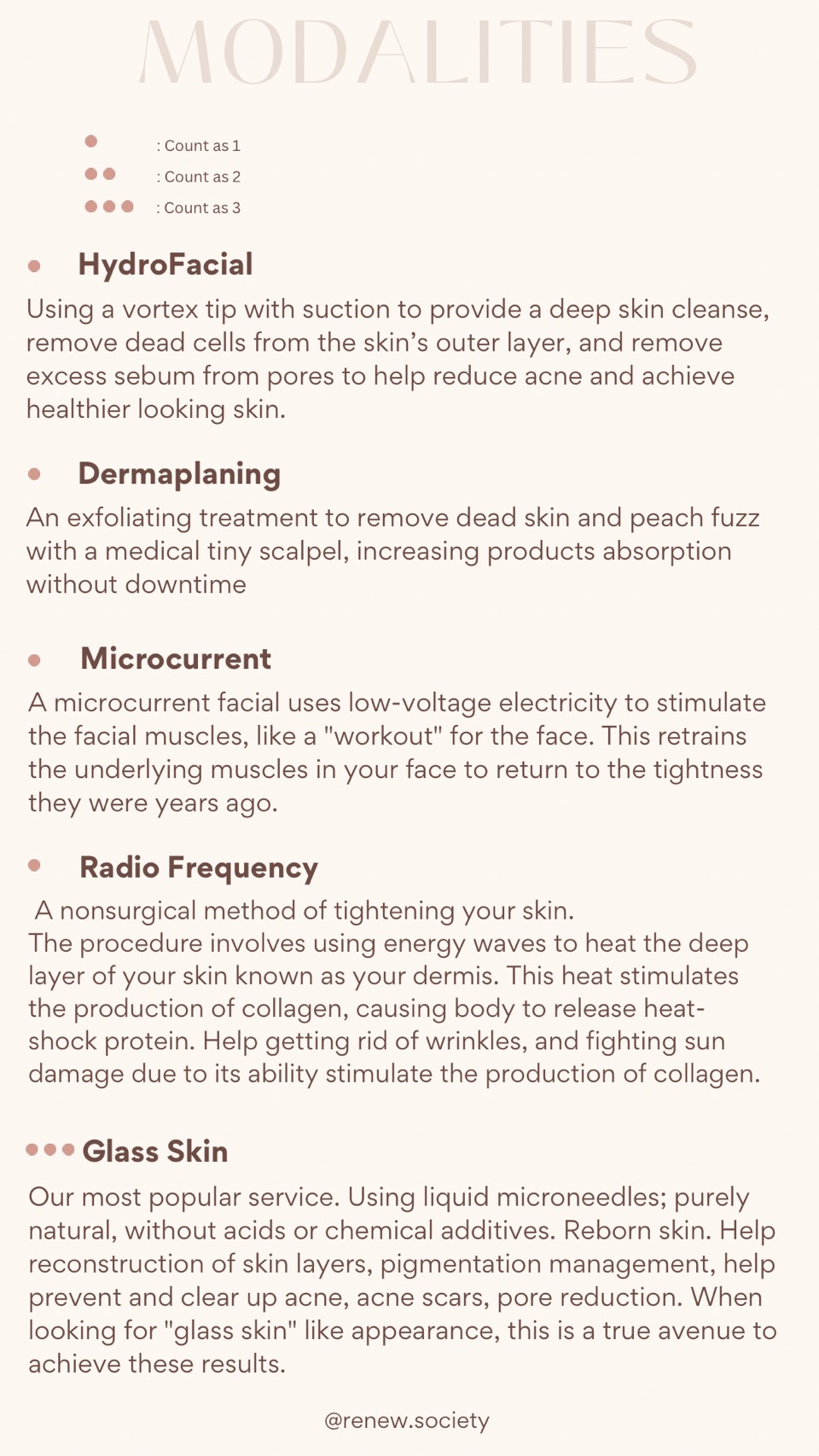Chemical Peels: Types, Expectations & Recovery
Chemical Peels in Mckinney, Tx

Given how vital the skin is to our bodies, it is crucial to take good care of it. A Chemical Peels in Mckinney, Tx, this treatment removes layers of skin using a chemical solution to reveal the younger skin below. This article will give a summary of this ground-breaking procedure.
Why Chemical Peels are done
A chemical peel is a technique for skin resurfacing. Chemical peels are sometimes used to heal damaged skin, acne scars, and wrinkles on the face. They can be carried out independently or in tandem with other cosmetic operations. Additionally, the peeling may be carried out at a variety of depths, from shallow to deep. Deeper peels produce more impressive results, but the recovery time is longer.
Fast facts about Chemical Peels in Mckinney, Tx
The outermost layers of the skin are meant to be removed via chemical peels. The selected peel solution causes regulated damage to the skin in order to complete this objective. Chemical peeling has several advantages, including being reasonably priced and producing results quickly. Deep peels target wrinkles and scars, whereas light chemical peels target surface blemishes and issues. Peels in the medium range fall in between.
What conditions does a chemical peel treat?
It can lessen or improve scars, uneven skin tone, fine lines, acne, wrinkles, and other skin flaws. Your skin’s minor discolorations make it an ideal candidate for these peels. It can help freckles disappear and reduce age spots. Chemical peels are a non-invasive way to restore younger, fresher skin and revitalize your look.
Who Is a Good Candidate for a Chemical Peel in Mckinney, Tx?
Patients with light hair and a pale complexion typically make suitable candidates for these peels. Depending on the kind of condition being addressed, darker skin may potentially yield positive outcomes. However, you might also be more prone to experiencing uneven skin tone after the procedure. If you have blotchy skin, deep acne scars, moderate lines and wrinkles, substantial sun damage, deep acne scarring, or actinic keratoses, this option could be ideal for you.
What type of chemical peels can I get?
Acids like salicylic acid, glycolic acid, trichloroacetic acid, lactic acid, or carbolic acid are frequently employed as chemical solutions (phenol). Each type of chemical penetrates to a particular depth of the skin, causing controlled damage, and then peels away to reveal a fresh layer of skin. Different chemical mixtures produce various outcomes. Since the glycolic peel penetrates the skin at the deepest of all levels, it is the best for exfoliating.
Benefits of a peel treatment
A chemical peel is one such restorative cosmetic surgery that might potentially lessen the appearance of facial aging. Several skin disorders can be treated with peels. This therapy is a one-stop shop for a number of skin issues, including the treatment of acne scars, rosacea, aging skin, and hyperpigmentation. A peel treatment is a cosmetic procedure that treats your interior problems while removing the top layer of your skin.
Is a chemical peel good for all skin types?
These peels are typically risk-free, although there might be side effects, and not all peels are suitable for all skin types. Chemical peels come in three distinct strengths: light, medium, and deep. Mild treatments offer the skin a smoother, brighter appearance and are suitable for many different skin types. To achieve the desired outcomes, you will probably require many treatments. Before obtaining a peel treatment, be sure to speak with a doctor.
Information to tell your dermatologist before getting a chemical peel
Although they are uncommon, infections are still a possibility. Tell your dermatologist before getting a peel if you have ever had keloids (an expansion of scar tissue at the site of a skin injury), facial X-rays, any atypical scarring tendencies, or a history of cold sores. Medication might be recommended by your dermatologist to lessen the likelihood of an outbreak.








